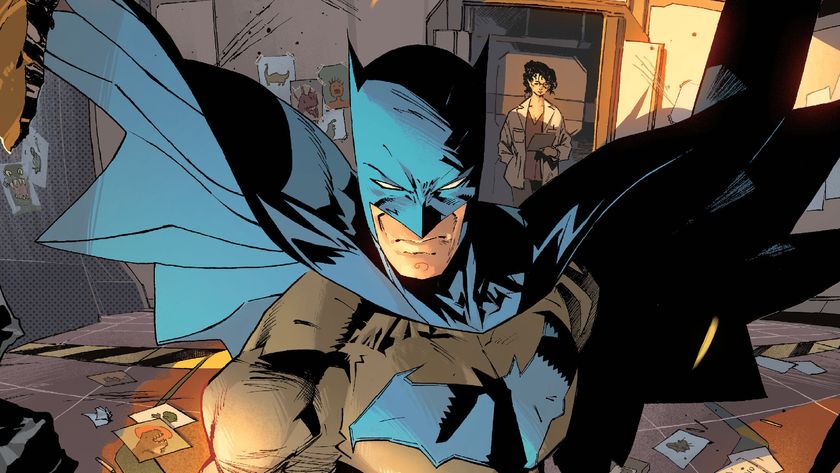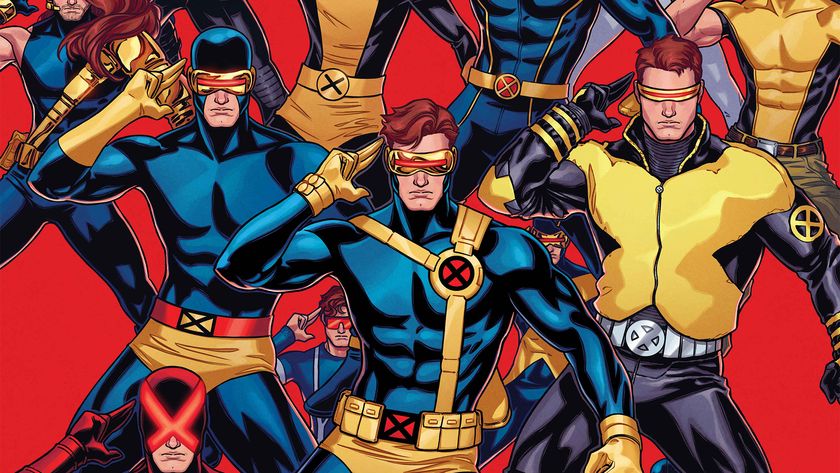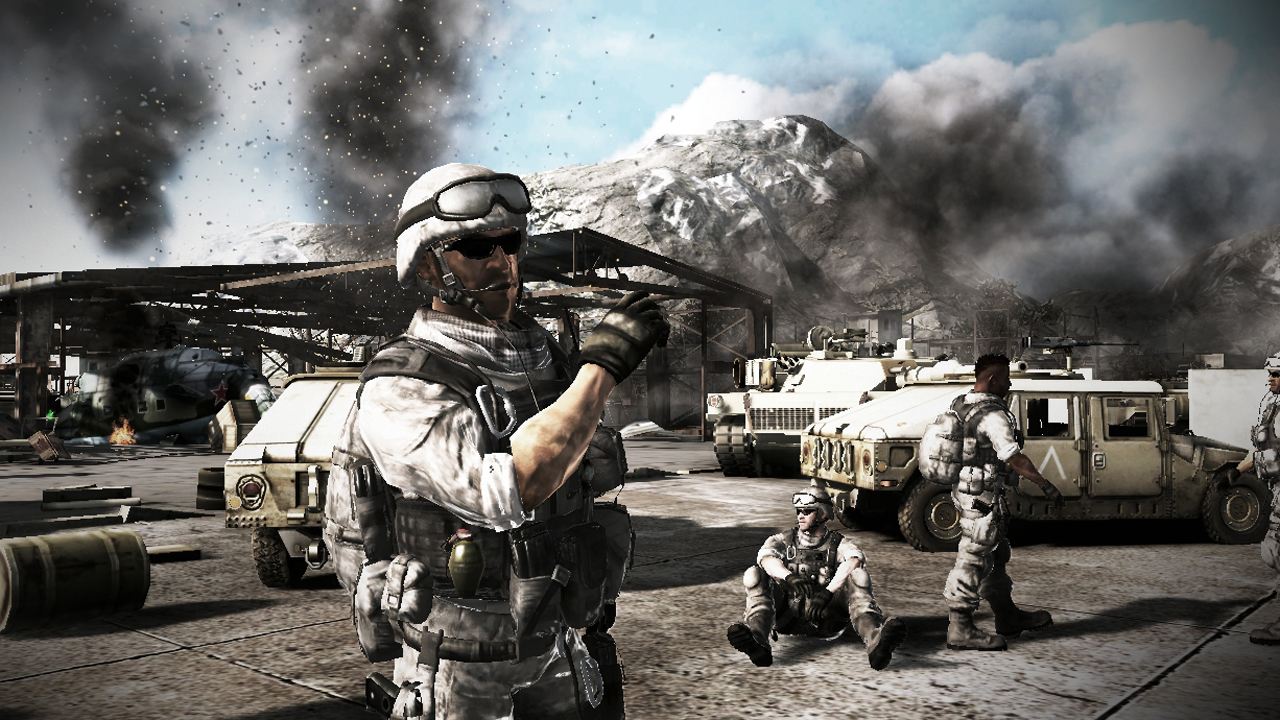12DOVE Verdict
Pros
- +
Tight motion controls
- +
Four-player co-op
- +
That good ol arcade nostalgia
Cons
- -
Crappy sound design
- -
PowerPoint presentations err
- -
mission briefings
- -
Another Call of Duty wannabe
Why you can trust 12DOVE
Typically, we here at GamesRadar want to root for those underdog budget games that manage to make it to retail with all the other big boys in the industry. So you have to believe us when we say that we take absolutely no pleasure in tearing apart games like Heavy Fire: Afghanistan.
The plot is pretty much what you’d expect – ever since he was just a boy, our homegrown all-American protagonist has only ever dreamed of shooting at Middle-Eastern terrorists and he’s finally gotten into the Marines. That’s… pretty much it. From there, you navigate a menagerie of static screens sporting absurd walls of text while a disinterested voice actor reads everything to you. This PowerPoint-inspired mess rears its ugly head between every single one of the game’s twenty-four missions.
As this is another game clinging desperately to the success of the Modern Warfare franchise, you can expect to be hitting up all of the familiar locales – riding shotgun in an Apache helicopter, unloading from behind a mounted machinegun on a Humvee, and advancing through war-torn cities with your brothers-in-arms. The game also carries over most of the tropes you’d expect from the on-rail shooter genre – a perpetually unending force of enemy soldiers ready to die, glowing ammo/health boxes that you need to shoot in order to pick up, etc. Unfortunately, the sound design for HFA is some of the worst we’ve ever heard. Enemy firearms sound distant and muted (regardless of how close they are to you). Likewise, your own weapons come across as underwhelming and ineffectual (a high-powered ACR shouldn’t sound like a paintball gun).
HFR’s greatest sin, however, is that the game is simply way too easy. While every enemy that pops onto the screen is firing directly at you, you’ll only receive damage if a terrorist has a flashing red exclamation point above his head. We literally left the game unpaused and our marine completely exposed while we walked off for twenty seconds to grab a cup of coffee and returned to find ourselves still at full health even with three armed terrorists firing directly at us. The four-player co-op merely exacerbates the difficulty issue as the enemy AI isn’t even equipped to deal with one player, let alone four.
To its credit, HFR features some incredibly tight controls thanks to the PlayStation Move’s accurate motion sensor. The instances in which we’d have to pause the action to recalibrate our controller were few and far between. That being said, actually setting up multiple Move/Navi controllers still sucks and, considering what HFR has to offer you, really not worth the effort.

Heavy Fire: Afghanistan is a game that really wants to be Call of Duty on rails, but it simply lacks the budget and creative license to pull any of it off. The game is just a cheap cash grab in every sense of the word. Even the most hardened on-rails gamers will find little to show for their tour in Afghanistan other than a severe case of PTSD.
More info
| Genre | Shooter |
| Description | It doesnt matter how cheap it is. Leave this uninspired rail-shooter in the bargain bin where it belongs. |
| Platform | "PS3" |
Jordan Baughman is a freelance journalist who has written for the likes of GamesRadar and Gamer magazine. With a passion for video games and esports, Baughman has been covering the industry for years now, and even hopped the fence to work as a public relations coordinator for clients that include EA, Capcom, Namco, and more.

Reacher season 3 breaks a series record, landing a perfect Rotten Tomatoes score for the action show

A new Batman #1 from Matt Fraction and Jorge Jiménez launches this September with a "revamped aesthetic," a throwback costume, and a new Batmobile

Marvel reveals its full slate of May 2025 comics and covers featuring the Avengers, the X-Men, Spider-Man, and more
Most Popular




